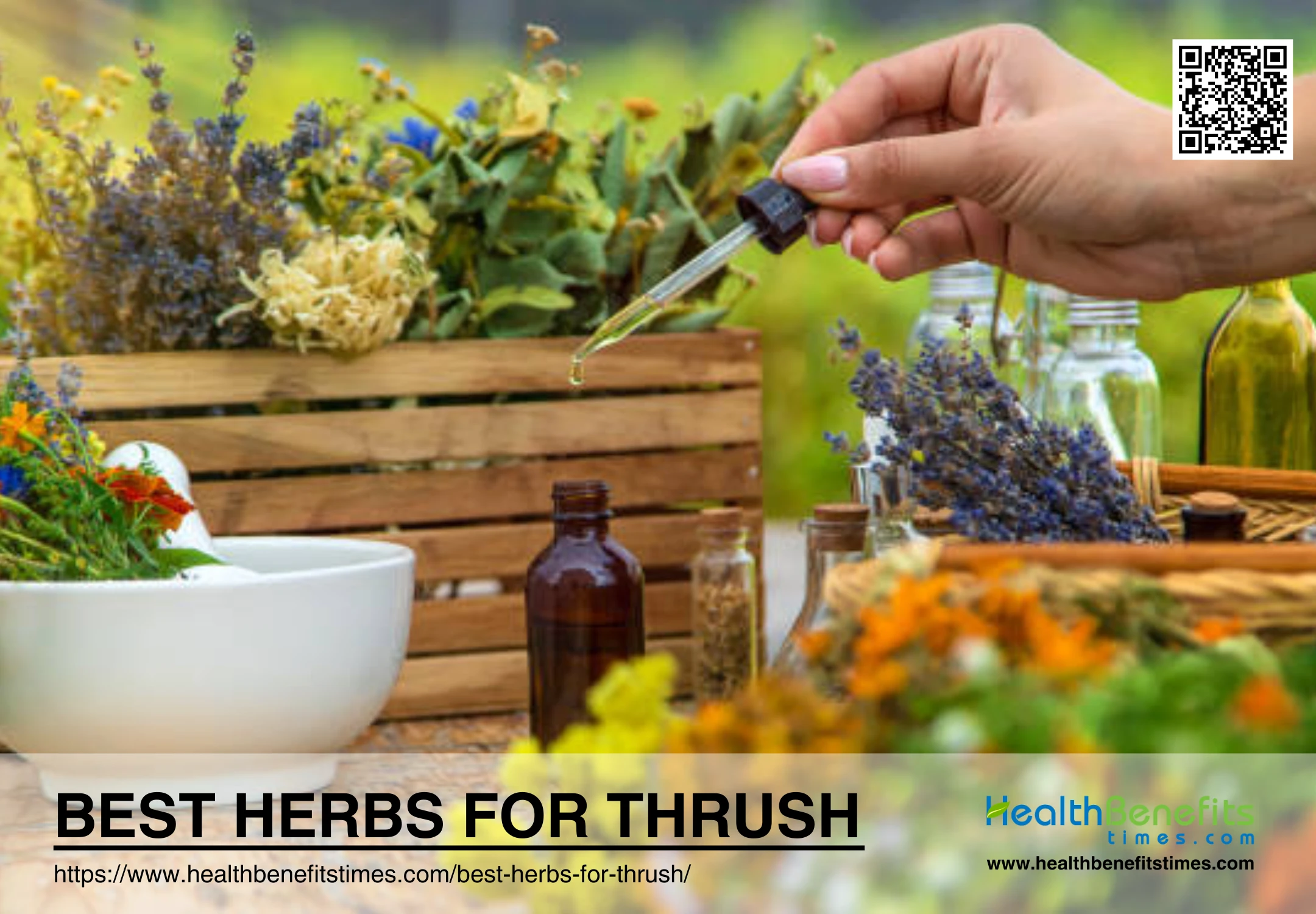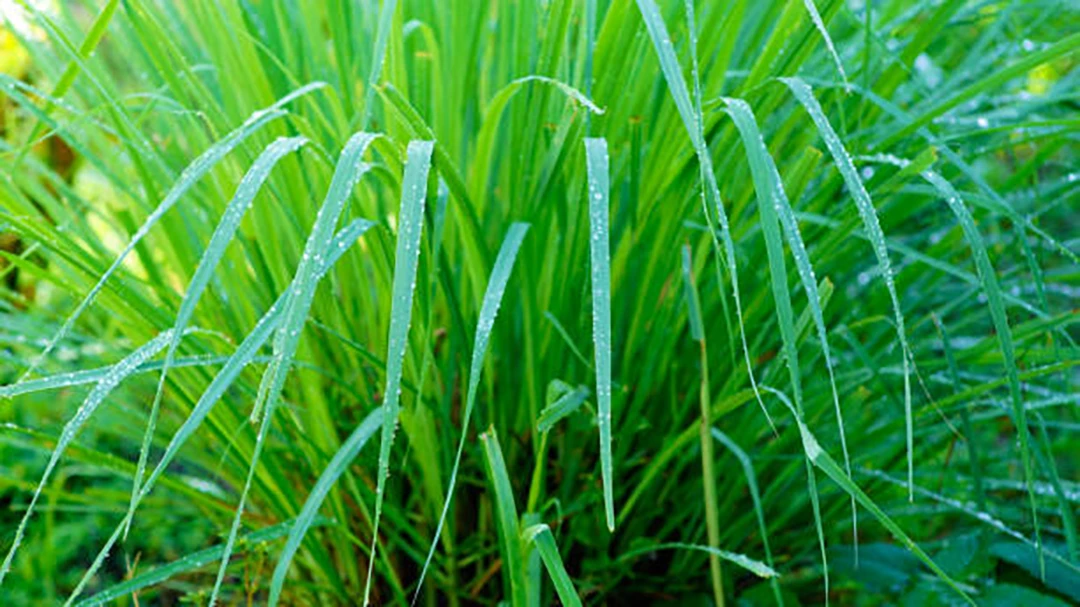 Thrush, also known as oral candidiasis, is a condition characterized by white patches in the mouth and is commonly seen in suckling infants and elderly individuals with debilitating diseases. Historically, the term “thrush” has been used since at least the seventeenth century, with its etymology likely rooted in Anglo-Saxon or Scandinavian origins. Medically, thrush was recognized for its fungal nature in the mid-19th century when Robin classified the causative organism as part of the group oidium albicans. While often considered a mild parasitic infection of the mouth, thrush can become severe, spreading to the pharynx, bronchi, esophagus, or even through the bloodstream to organs like the kidneys. The condition is notably prevalent in neonates, with studies showing a high incidence of pharyngeal or esophageal lesions in infants, particularly those under one year of age.Bottom of Form
Thrush, also known as oral candidiasis, is a condition characterized by white patches in the mouth and is commonly seen in suckling infants and elderly individuals with debilitating diseases. Historically, the term “thrush” has been used since at least the seventeenth century, with its etymology likely rooted in Anglo-Saxon or Scandinavian origins. Medically, thrush was recognized for its fungal nature in the mid-19th century when Robin classified the causative organism as part of the group oidium albicans. While often considered a mild parasitic infection of the mouth, thrush can become severe, spreading to the pharynx, bronchi, esophagus, or even through the bloodstream to organs like the kidneys. The condition is notably prevalent in neonates, with studies showing a high incidence of pharyngeal or esophageal lesions in infants, particularly those under one year of age.Bottom of Form
Types of Thrush
Thrush is most commonly associated with the mouth, thrush can affect different areas, presenting in various forms. Each type of thrush has unique characteristics, symptoms, and target groups. Below is a list of the most common types of thrush and how they manifest in the body.
- Acute pseudomembranous candidiasis (classic thrush)
- Chronic atrophic candidiasis (denture stomatitis)
- Acute atrophic candidiasis (antibiotic sore mouth)
- Chronic hyperplastic candidiasis (candidal leukoplakia)
- Angular cheilitis (perleche)
- Median rhomboid glossitis
- Esophageal candidiasis
Common Causes of Thrush
While anyone can develop thrush, certain conditions and lifestyle factors increase the risk of infection. Below is a list of the most common causes of thrush, helping you understand the underlying triggers that contribute to this condition.
- Overgrowth of Candida albicans fungus
- Weakened immune system
- Antibiotics use
- Corticosteroid medications (including inhaled corticosteroids)
- Birth control pills
- Pregnancy
- Diabetes, especially if poorly controlled
- HIV/AIDS
- Cancer and cancer treatments
- Stress
- Dentures, especially upper dentures
- Dry mouth conditions
- Poor oral hygiene
- Smoking
- High sugar intake
- Nutritional deficiencies
- Hormonal changes (e.g. during menstruation)
- Tight clothing
- Irritation or damage to skin
Best herbs for Thrush
Using herbs to care for thrush instead of medication offers several advantages, particularly in resource-limited settings. Herbal remedies such as lemon juice and lemon grass (Cymbopogon citratus) have demonstrated significant efficacy in treating oral thrush in HIV/AIDS patients, comparable to conventional treatments like gentian violet, without the associated stigma of visible stains. Additionally, the increasing resistance to antifungal medications, such as fluconazole, and the adverse side effects of potent drugs like amphotericin B, highlight the need for alternative treatments. Herbal treatments are not only effective but also safer, reducing the risk of toxicity and resistance associated with prolonged use of synthetic drugs. Therefore, herbs present a viable and often preferable option for managing thrush, especially in underdeveloped regions where access to conventional medications may be limited. Herbal remedies present a natural approach to fungal infection management, which may help alleviate the burden in such areas.
1. Lemon Grass

Lemongrass (Cymbopogon citratus) has shown promising potential in treating oral thrush, particularly in HIV/AIDS patients. Its potent antifungal properties make it effective against various Candida species, including Candida albicans, which is the primary cause of oral thrush3. Studies have demonstrated that lemongrass oil and its main component, citral, exhibit strong in vitro activity against Candida spp., suggesting its potential as an alternative treatment for thrush. In a randomized controlled trial, lemongrass infusion was found to be as effective as gentian violet, a common treatment for oral thrush, in HIV-positive patients. Additionally, lemongrass tea may help prevent thrush infections, especially in people with weakened immune systems.
What Research Says?
- Based on research carried out by Phytomedicine, Lemon grass has demonstrated antifungal properties and has been used effectively to treat oral thrush in HIV/AIDS patients. In a randomized controlled trial, lemon grass showed better results than gentian violet aqueous solution 0.5% in treating oral thrush.
- As per studies undertaken by Microbiology Research, a literature review highlighted lemon grass as a promising alternative treatment for oropharyngeal fungal infections in immunocompromised individuals, including those with HIV/AIDS.
How to Use
To use lemongrass for thrush, prepare a strong lemongrass tea by steeping 1-2 tablespoons of fresh or dried lemongrass in a cup of boiling water for 10-15 minutes. Strain and allow it to cool slightly. Use this tea as a mouth rinse, swishing it around for 30 seconds before spitting it out. Repeat this process 3-4 times daily. Alternatively, dilute 2-3 drops of lemongrass essential oil in a tablespoon of carrier oil and apply it gently to the affected areas with a cotton swab. Always consult a healthcare professional before using any home remedies12.
Potential side effects of Lemon Grass
Lemongrass may cause side effects such as dizziness, drowsiness, dry mouth, excessive urination, and increased appetite. In high doses, the essential oil can damage liver and stomach mucous membranes. Topical application may lead to skin irritation or rashes in some individuals. Excessive consumption of lemongrass tea might negatively impact kidney function. It’s important to use lemongrass in moderation and be aware of these potential adverse effects.
Who should avoid Lemon Grass
Pregnant women should avoid lemongrass due to its potential to stimulate uterine contractions and menstrual flow, which could lead to miscarriage. Breastfeeding mothers should also exercise caution due to limited safety information. Individuals with allergies to lemongrass or related plants should avoid it. Those with hormone-sensitive conditions should consult a healthcare provider before use, as lemongrass may influence hormone levels.
Interaction with medications
Lemongrass may interact with certain medications, potentially altering their effectiveness or side effects. It can affect liver enzymes that metabolize drugs, particularly CYP450 substrates. Lemongrass might enhance the effects of sedative medications like pentobarbital. It may also interact with drugs for diabetes and high blood pressure. Always consult a healthcare provider before using lemongrass alongside any medications to avoid potential adverse interactions.
FAQs
- Can children use herbal remedies for thrush?
Yes, children can use herbal remedies for thrush, but it’s essential to consult with a pediatrician or healthcare provider before starting any treatment. Herbs such as lemon grass can be helpful, but dosage and application methods should be adjusted appropriately for children.
- How long does it take for herbal remedies to treat thrush?
The duration of treatment can vary depending on the severity of the thrush and the chosen herbal remedy. Most herbal treatments, like lemongrass tea, may need to be used for at least 7-14 days to see noticeable improvements. If symptoms persist or worsen, medical advice should be sought.
- Can I combine herbal remedies with antifungal medications for thrush?
Yes, some herbal remedies can complement antifungal medications, but it’s important to consult a healthcare provider to ensure there are no negative interactions. For instance, lemongrass may interact with certain medications, so a doctor should advise on a safe treatment plan.
- What other herbal remedies besides lemongrass are effective for thrush?
Other herbs known for their antifungal properties that may be useful for thrush include:
- Garlic: Known for its strong antifungal properties.
- Tea Tree Oil: Often used in diluted form as a mouthwash for oral thrush.
- Clove: Contains eugenol, a compound that has antifungal effects.
- Calendula: An antifungal herb that may help with inflammation.
- Can diet changes help in managing thrush along with herbal remedies?
Yes, diet plays an important role in managing thrush. Reducing sugar intake, increasing probiotic-rich foods (like yogurt or kefir), and consuming anti-inflammatory foods can help restore balance and support the efficacy of herbal remedies.
- Are there any specific oral hygiene practices to follow while using herbal remedies for thrush?
Maintaining proper oral hygiene is crucial when treating thrush. Regular brushing, flossing, and cleaning of dentures (if applicable) should continue while using herbal remedies. Avoid using mouthwashes with alcohol, as they can aggravate symptoms. A gentle herbal mouth rinse like lemongrass tea or diluted tea tree oil can be helpful.
- Is thrush contagious, and can herbal remedies prevent transmission?
Thrush itself is not highly contagious, but individuals with weakened immune systems may be more susceptible. Herbal remedies can help reduce the fungal overgrowth, but they do not necessarily prevent transmission. Good hygiene and avoiding sharing personal items like toothbrushes can help prevent the spread.
- Can herbal remedies be used for prevention of thrush recurrence?
Yes, certain herbal remedies such as lemongrass tea can be used regularly as a mouth rinse to prevent recurrences of thrush, especially in individuals prone to fungal infections due to immune system issues or medication use. However, consult a healthcare provider for long-term use.

